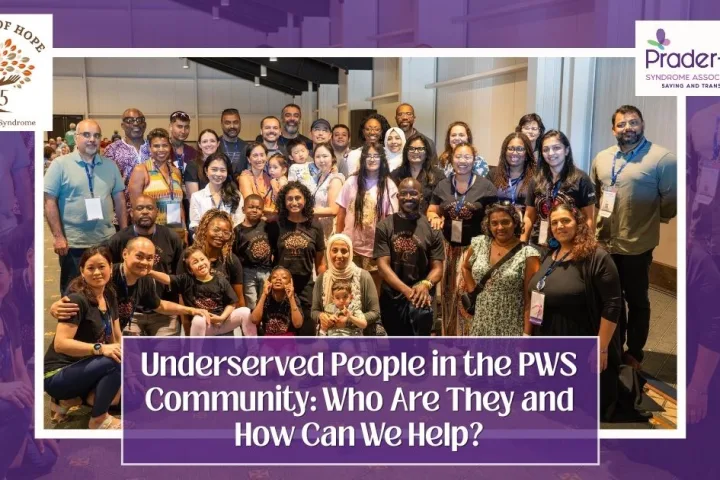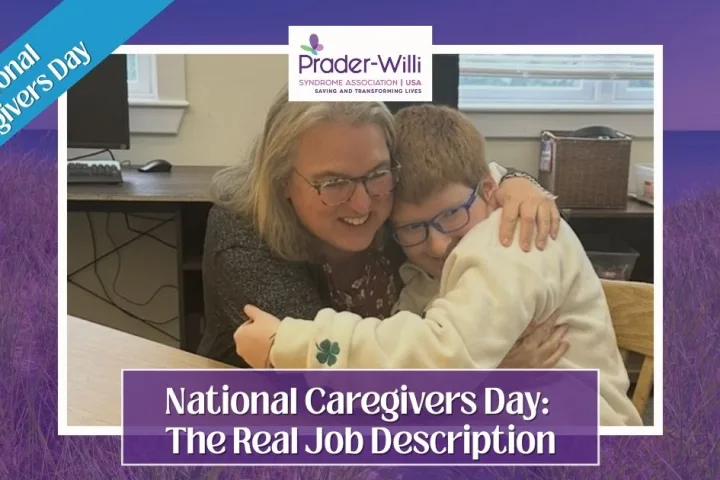The lifestyle aspect of managing gastroparesis is often overlooked or underestimated. Some people think it is too simple a response for such a complicated problem. In reality, the choices that you make in your child’s daily life matters a lot in managing their gastroparesis related symptoms. Lifestyle practices can have a significant impact on symptom management, emotional well-being, and overall quality of life.
Below are some lifestyle practices you to consider incorporating into your loved one’s daily life to help better manage their gastroparesis symptoms:
- Exercise: Physical activity is often one of the most effective symptom management tools for gastroparesis. Intensity is key – if your child works out too hard, they will likely experience increased symptoms. Aim for at least 30 minutes of mild to moderate physical activity, such as walking, yoga, or Tai Chi.
- Get some sleep: The average adult needs seven to nine hours of sleep per night, and children need even more. Getting less than the recommended amount of sleep can affect your child’s energy level, mood, metabolism, and digestion. Lack of sleep also makes them more susceptible to stress and daytime fatigue, which can increase digestive symptoms and lead to cravings for sugar, carbs, or caffeine.
- Maintain friendships: Socializing can be difficult for people with gastroparesis since so many social activities tend to revolve around eating and drinking. Even so, make an effort to maintain your child’s friendships. During the coronavirus pandemic, you can schedule regular phone calls, go for a socially distanced walk together, or plan a virtual game night with another family.
- Dietary modifications: Many gastroparesis symptoms are related to eating and healthy digestion. Eating smaller meals, eating less fiber and fats, avoiding food with indigestible parts (such as potato skins), keeping a food journal, chewing thoroughly, eating slowly, avoiding alcohol, and reducing processed foods are all dietary modifications your child can try to help reduce their physical symptoms.
- Reduce stress: Stress doesn’t cause gastroparesis, but stress can exacerbate gastroparesis symptoms. Therapies such as acupressure or acupuncture, abdominal massage, practicing meditation or mindfulness, listening to soothing music, journaling, deep breathing, and spending time with the people and things they love may help your loved one reduce their physical symptoms by reducing their overall stress.
There is a unique mixture of symptoms that individuals with gastroparesis may experience, and not all these lifestyle practices will work for every family or every individual with gastroparesis. What works for one person with gastroparesis won’t always work for the next, so it is up to each family to decide on the best lifestyle practices for their child.
Contributed by Andrea Lucy





 Perry A. Zirkel has written more than 1,500 publications on various aspects of school law, with an emphasis on legal issues in special education. He writes a regular column for NAESP’s Principal magazine and NASP’s Communiqué newsletter, and he did so previously for Phi Delta Kappan and Teaching Exceptional Children.
Perry A. Zirkel has written more than 1,500 publications on various aspects of school law, with an emphasis on legal issues in special education. He writes a regular column for NAESP’s Principal magazine and NASP’s Communiqué newsletter, and he did so previously for Phi Delta Kappan and Teaching Exceptional Children. Jennifer Bolander has been serving as a Special Education Specialist for PWSA (USA) since October of 2015. She is a graduate of John Carroll University and lives in Ohio with her husband Brad and daughters Kate (17), and Sophia (13) who was born with PWS.
Jennifer Bolander has been serving as a Special Education Specialist for PWSA (USA) since October of 2015. She is a graduate of John Carroll University and lives in Ohio with her husband Brad and daughters Kate (17), and Sophia (13) who was born with PWS. Dr. Amy McTighe is the PWS Program Manager and Inpatient Teacher at the Center for Prader-Willi Syndrome at the Children’s Institute of Pittsburgh. She graduated from Duquesne University receiving her Bachelor’s and Master’s degree in Education with a focus on elementary education, special education, and language arts.
Dr. Amy McTighe is the PWS Program Manager and Inpatient Teacher at the Center for Prader-Willi Syndrome at the Children’s Institute of Pittsburgh. She graduated from Duquesne University receiving her Bachelor’s and Master’s degree in Education with a focus on elementary education, special education, and language arts. Evan has worked with the Prader-Willi Syndrome Association (USA) since 2007 primarily as a Crisis Intervention and Family Support Counselor. Evans works with parents and schools to foster strong collaborative relationships and appropriate educational environments for students with PWS.
Evan has worked with the Prader-Willi Syndrome Association (USA) since 2007 primarily as a Crisis Intervention and Family Support Counselor. Evans works with parents and schools to foster strong collaborative relationships and appropriate educational environments for students with PWS. Staci Zimmerman works for Prader-Willi Syndrome Association of Colorado as an Individualized Education Program (IEP) consultant. Staci collaborates with the PWS multi-disciplinary clinic at the Children’s Hospital in Denver supporting families and school districts around the United States with their child’s Individual Educational Plan.
Staci Zimmerman works for Prader-Willi Syndrome Association of Colorado as an Individualized Education Program (IEP) consultant. Staci collaborates with the PWS multi-disciplinary clinic at the Children’s Hospital in Denver supporting families and school districts around the United States with their child’s Individual Educational Plan. Founded in 2001, SDLC is a non-profit legal services organization dedicated to protecting and advancing the legal rights of people with disabilities throughout the South. It partners with the Southern Poverty Law Center, Protection and Advocacy (P&A) programs, Legal Services Corporations (LSC) and disability organizations on major, systemic disability rights issues involving the Individuals with Disabilities Education Act (IDEA), Americans with Disabilities Act (ADA), and the federal Medicaid Act. Recently in November 2014, Jim retired.
Founded in 2001, SDLC is a non-profit legal services organization dedicated to protecting and advancing the legal rights of people with disabilities throughout the South. It partners with the Southern Poverty Law Center, Protection and Advocacy (P&A) programs, Legal Services Corporations (LSC) and disability organizations on major, systemic disability rights issues involving the Individuals with Disabilities Education Act (IDEA), Americans with Disabilities Act (ADA), and the federal Medicaid Act. Recently in November 2014, Jim retired.